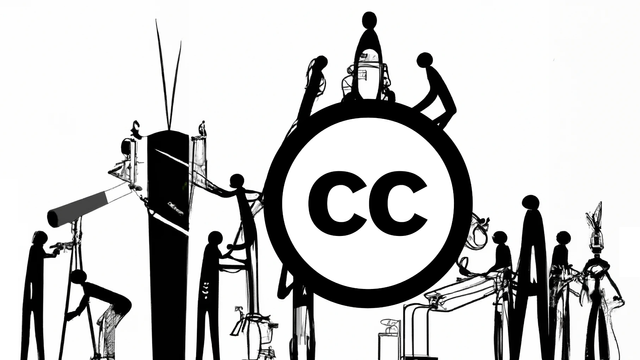I've contributed a fair bit to free content (CC licenses) & open source projects over the years.
Personally, I want "my" stuff to be used to make AI models better. I use open licenses precisely _because_ I want people to come up with interesting & hopefully beneficial new uses.
I understand why lots of folks feel differently, of course.
However, it's not a clear-cut legal situation, either. Training != inference; it's only model output that violates licenses that's unambiguously infringing.

